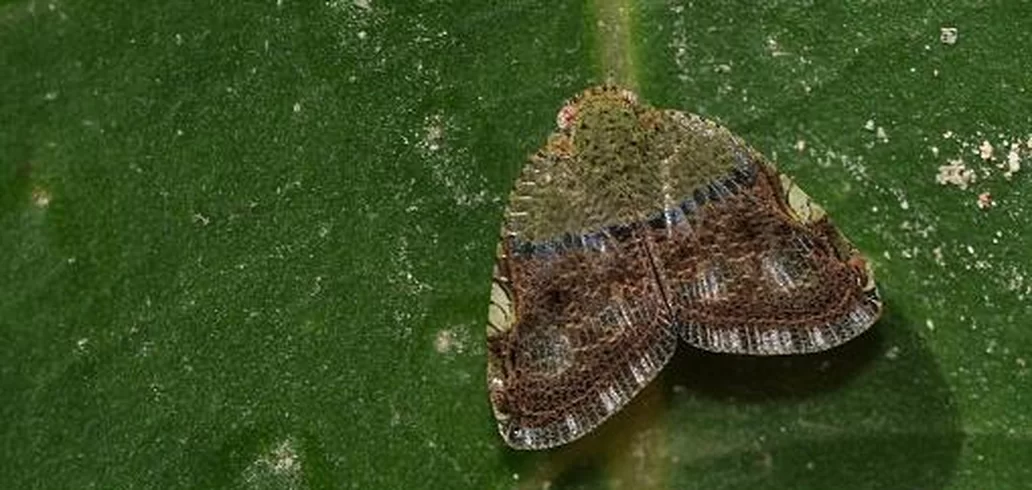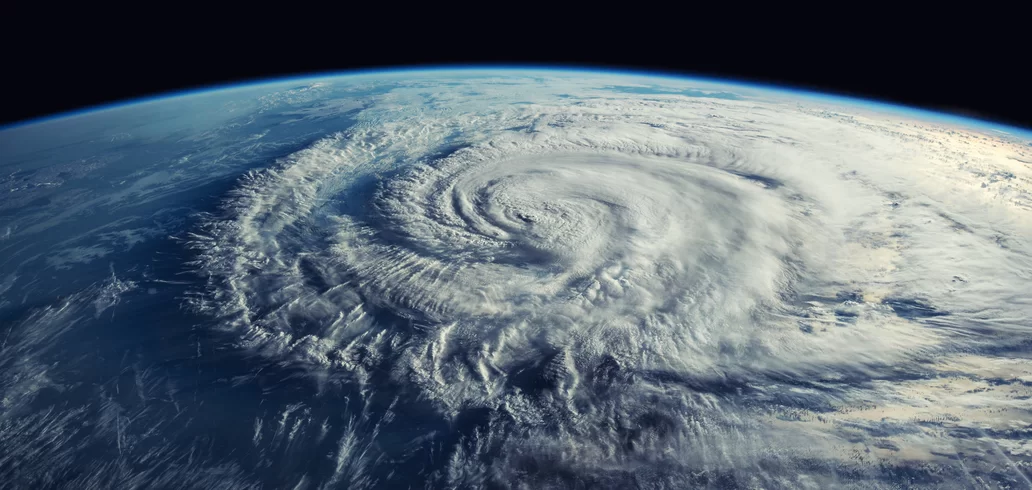History
Fossil reveals how forests were different millions of years ago
Advertisement
A mysterious period in Earth's history
There are several mysterious periods in Earth’s history that continue to intrigue scientists. One such period is the so-called “Permian-Triassic extinction event,” which occurred about 252 million years ago. This event is often referred to as the “Great Extinction” because it was the largest mass extinction in Earth’s history, where more than 90% of marine species and about 70% of terrestrial species were wiped out.
The exact causes of this mass extinction are still a matter of debate among scientists. Some theories include massive volcanic activity that caused extreme climate change, the release of toxic gases such as carbon dioxide and hydrogen sulfide, and even the possibility of an asteroid or comet impact. Understanding fully what actually happened during this mysterious period remains a challenge, but it is a fascinating topic that continues to inspire research and exploration.
A window into the remote past
Fossils are true windows into Earth’s ancient past. They offer us incredible glimpses into what life was like at different geological epochs, from the earliest single-celled life to the complex ecosystems that have evolved over millions of years.
These fossilized relics allow us to reconstruct not only the physical appearance of ancient creatures, but also their behaviors, interactions, and even the environments in which they lived. In addition, fossils of plants, insects, and other organisms provide us with valuable information about climate change, geographic distribution, and the evolution of species over time.
By studying fossils, paleontologists and other scientists are able to delve deep into Earth’s ancient past, unlocking secrets that help us better understand the history of life on our planet and the evolution of the different ecosystems that shaped the world we know today. It’s as if each fossil is a page from an ancient book, telling us a fascinating story about Earth’s history.
Trending Topics

Bolsa Família 2025: Who is eligible, updated amounts and how to receive it
Bolsa Família provides essential support for low-income families. Learn about the benefit that guarantees food, education and health.
Keep ReadingYou may also like

Pollution affects moths’ ability to smell flowers, study finds
A study reveals that air pollution compromises the sense of smell of moths, affecting their ability to locate flowers.
Keep Reading


